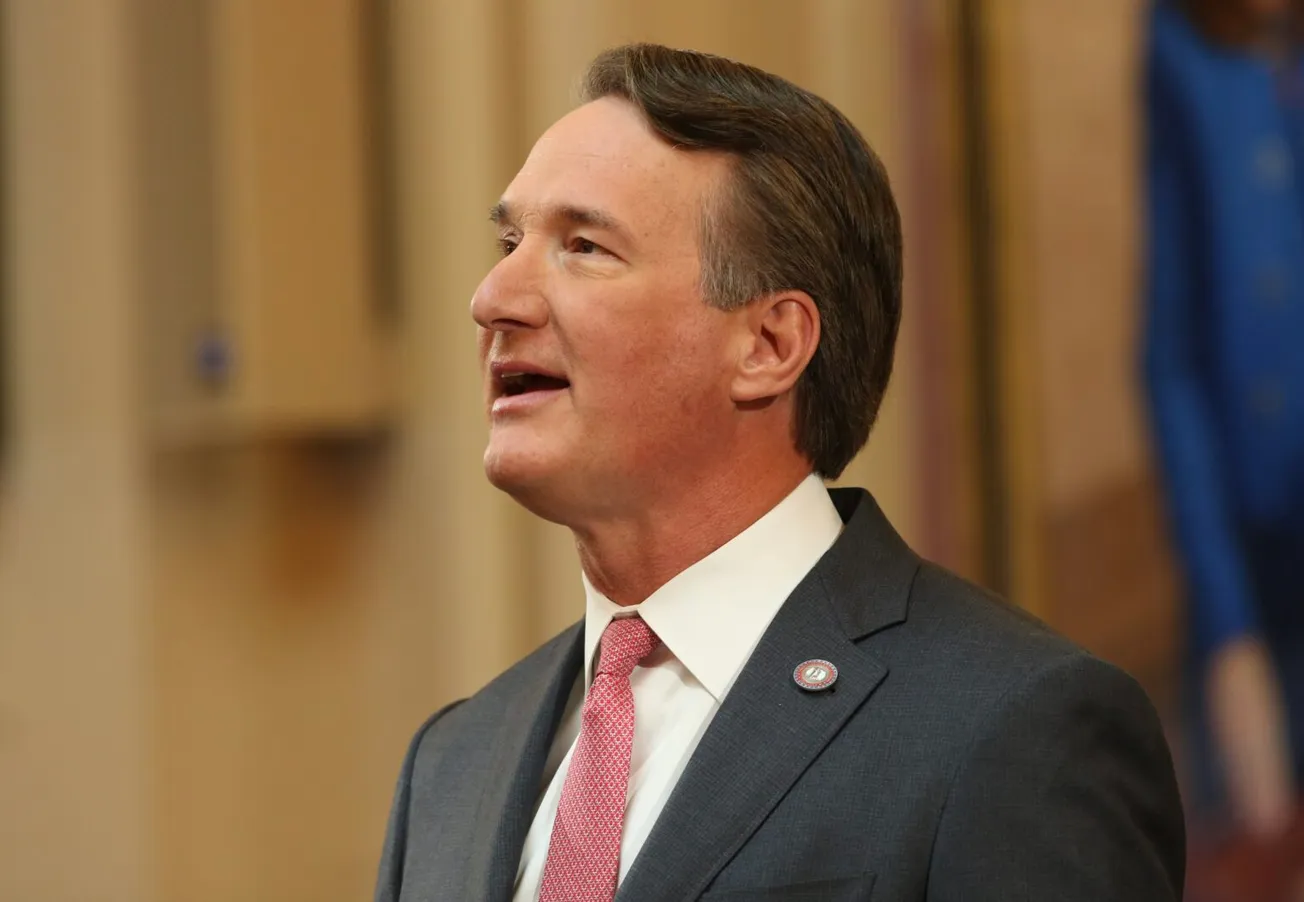Virginia House clerk rejects three of Gov. Glenn Youngkin’s vetoes
Governor’s vetoes of weight-loss drug Medicaid coverage, nursing home reimbursements measures won’t be published, Virginia’s House of Delegates Clerk Paul Nardo wrote Wednesday

Governor’s vetoes of weight-loss drug Medicaid coverage, nursing home reimbursements measures won’t be published, Virginia’s House of Delegates Clerk Paul Nardo wrote Wednesday
